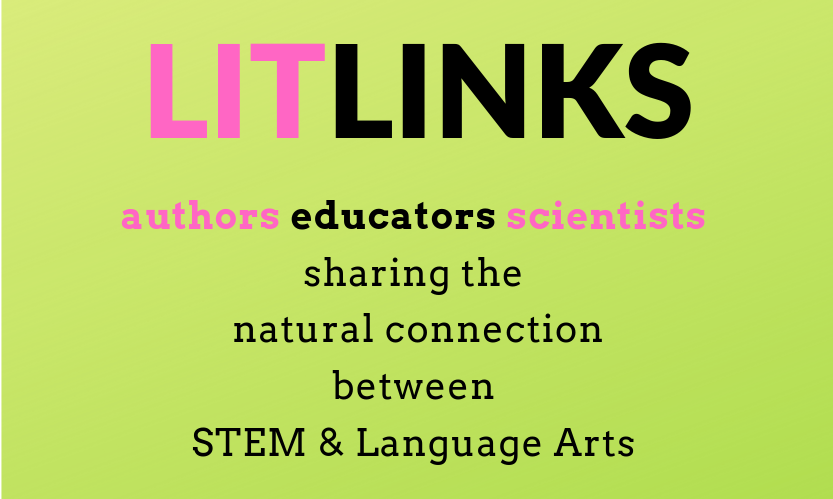
GUEST BLOGGER HEATHER L. MONTGOMERY
Sorting—shapes, colors, sizes—it’s a classic activity for preschoolers. It engages the eye, the hand, the mind, requires careful observation, assessment, and evaluation, and also offers powerful learning opportunities. Sorting activities develop skills necessary for science, math and language arts, so why not take advantage of this strategy with older students too?
Sorting basics
Matching
In order to match two items, learners must observe attributes, recognize similarities, and identify differences. Beginning learners work with single attributes; advanced learners work with multiple attributes.
Sorting
In sorting, learners move from working with two objects to working with multiple objects. Sorting and re-sorting with different characteristics develops the recognition of multiple attributes. Open-sorting activities develop nimbleness, logical reasoning, and divergent thinking skills.
Classification
Working with pre-determined categories, learners hone their ability to recognize attributes and patterns. They must observe closely, compare/contrast, and practice convergent thinking.
Sorting activities to try
Bell ringer
Present students with a variety of natural objects (avoid nuts in case of allergies) and encourage open sorting. Challenge students to sort the same materials in at least three different ways. Bonus points if the objects relate to your upcoming unit.
Careers
Read What’s In Your Pocket? Collecting Nature’s Treasures, written by Heather L. Montgomery and illustrated by Maribel LeChuga to learn about nine children and how their childhood collecting, sorting, and classifying developed skills which led to scientific careers. Extend this by having children read picture book biographies to identify additional stories of skill development during childhood.
Artifact matching
Give each student an artifact to study, and then ask them to develop a list of attributes (3-10 depending on ability level). Allow them to mingle and observe other students’ objects. Challenge each student to find a student with another object that matches theirs on more than one attribute. Working together, how many common attributes can they find?
Vocabulary Sorting
At the beginning of a lesson, have students write vocabulary words on strips of paper, then ask them to sort the words in any way they want. Then re-sort several more times, ending with the way that makes the most sense to them. Prompts for groups who are stuck: alphabetical, known/unknown words, by syllable, etc. Allow them to take a tour of other student’s work, discuss, and share questions. After the lesson, allow students to re-sort the terms (and add new ones). For evaluation purposes, you may want to compare photographs of each student’s pre and post lesson sorting.
Classifying
For more advanced work, challenge small groups to create a classification system, provide labels and instructions, then pilot test the system on another group. After watching their system in use, give students the opportunity to revise their system. For additional challenge, students can develop a dichotomous key. Instructions are available in this LitLinks post.
Writing
In pairs, have students discuss ways they use collections and classification systems in their daily life (from their shirts to sports equipment to the shelves in the fridge). Share a personal experience of when an organizational system in your life fell apart. Then, ask students to recall a similar experience and share with their partner how it felt. Use as a launch pad for opinion or procedural writing (i.e., “Why Sorting Socks is Stellar” or “Instructions for a Brother/Alien/Mother”).
Acquiring artifacts
Working with real objects is powerful. Hands-on experience engages the senses, enables authentic discovery, and appeals to kinesthetic learners. If you don’t have boxes of shells, seeds, or nature stuff in your closet, don’t worry.
- Take students on a nature walk where collecting dead and downed items is allowed.
- Gather items from other teachers.
- Ask students to each bring in one or more clean natural artifacts.
- Borrow items from a local nature center or museum.
Skills developed
Math: geometry, pattern recognition, understanding sets, grouping
Science: observation, compare/contrast, sensory awareness, use of appropriate language
Language arts: vocabulary development, providing evidence, descriptive language
Life skills: understanding organization, working within systems, managing materials
Heather L. Montgomery writes for kids who are wild about animals. An award-winning author and educator, Heather uses yuck appeal to engage young minds. Her nonfiction books have received recognitions from NCTE, Junior Library Guild, and VOYA as well as earned the Alabama Book of the Year Award. Recent titles include: Something Rotten: A Fresh Look at Roadkill, Who Gives a Poop? Surprising Science from One End to the Other, and What’s in Your Pocket? Collecting Nature’s Treasures. Connect with her at www.HeatherLMontgomery.com @HeatherLMont



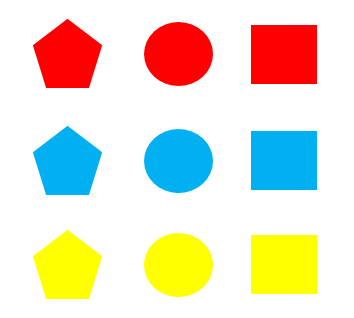
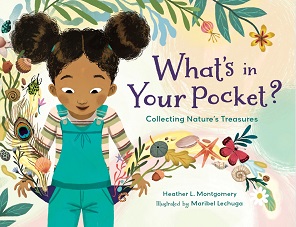
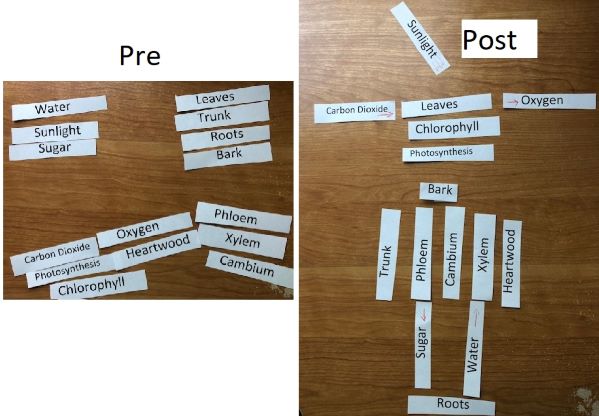
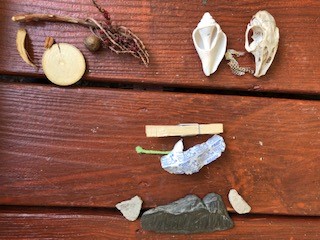
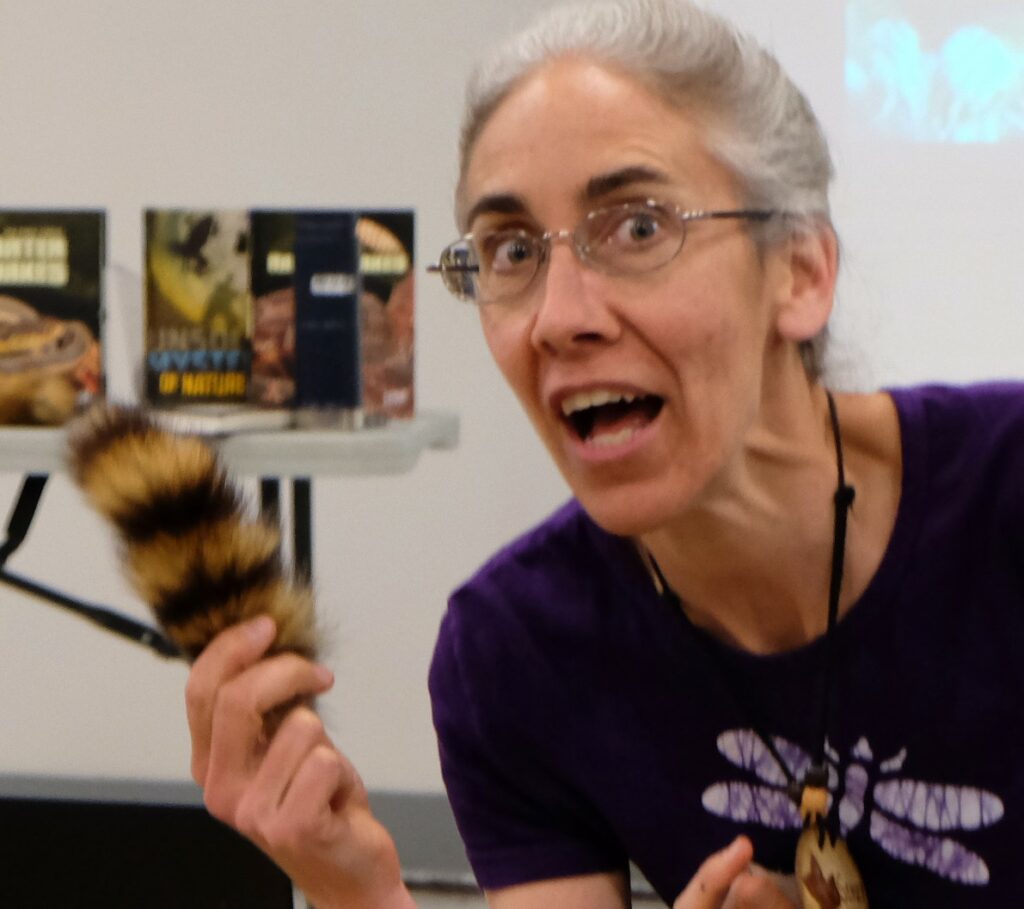

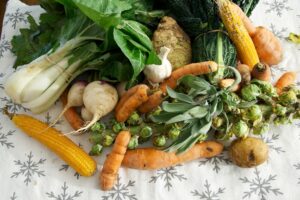
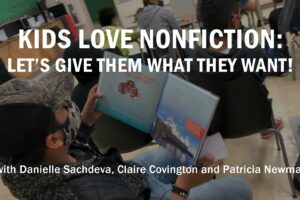
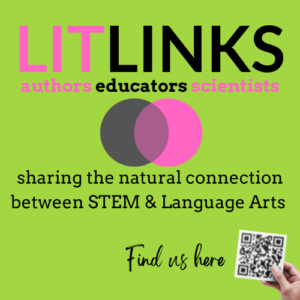
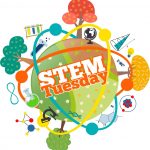
1 Comment
Leave your reply.